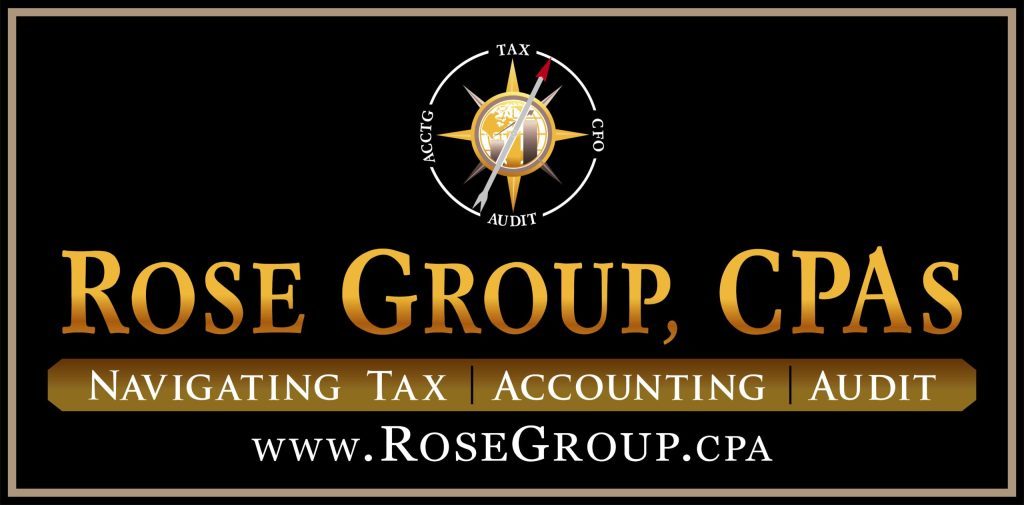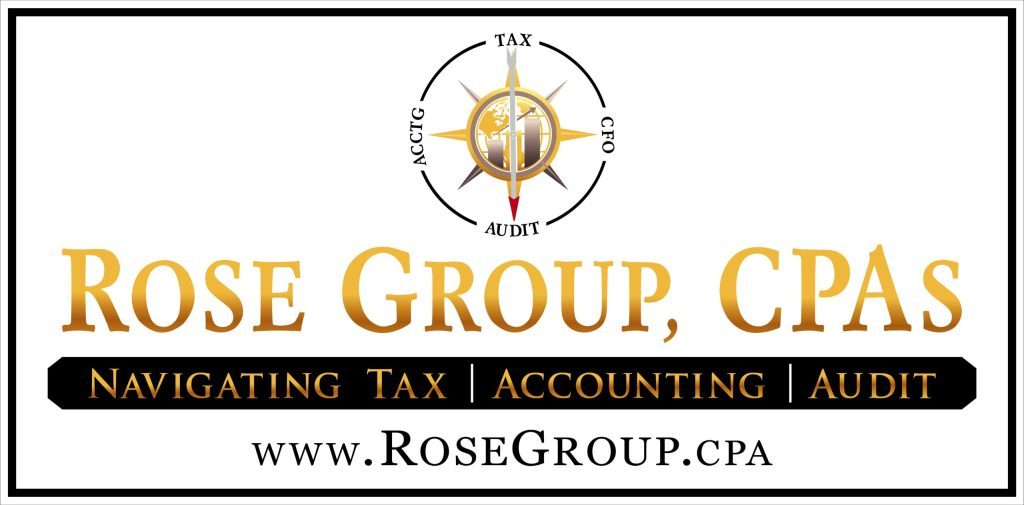Navigating New and Complex Tax Legislation
Since the enactment of the Tax Cuts and Jobs Act (TCJA) in 2017, which made sweeping changes to the tax code, subsequent legislation has continued to significantly alter tax laws, introducing new rules and credits. Each new piece of legislation adds layers of complexity to tax planning and compliance. Here are some of the key legislative developments:
- CARES Act: Introduced Economic Impact Payments, PPP loans with forgiveness potential, the Employee Retention Credit, expanded Net Operating Loss rules, and improvements in depreciation for Qualified Improvement Property.
- Consolidated Appropriations Act: Expanded PPP eligibility, extended tax credits, clarified PPP expense deductions, and temporarily allowed 100% deductions for business meals.
- American Rescue Plan Act: Expanded Child Tax Credit with advance payments, increased the Earned Income Tax Credit, and provided premium tax credit relief for health insurance costs.
- Infrastructure Investment and Jobs Act: Introduced cryptocurrency reporting requirements and ended the Employee Retention Credit early, except for startup businesses.
- Inflation Reduction Act: Introduced a corporate minimum tax, a tax on stock buybacks, climate-related incentives, and increased IRS funding.
- SECURE Act 2.0: Raised the RMD age to 73 (increasing to 75 by 2033), introduced higher catch-up contribution limits, required automatic enrollment in new 401(k) plans, and allowed for emergency savings withdrawals.
Rise in Compliance and Education Requirements
With each new law, CPAs must invest heavily in education to keep up with changes and ensure compliance for clients. The complexity of tax regulations requires extensive record-keeping and documentation to avoid penalties, maximize credits, and keep clients compliant with evolving rules.
Talent Costs in a Competitive Market
The demand for skilled tax professionals has surged, creating a competitive landscape for talent. Accounting firms face rising personnel costs as they seek to attract and retain experienced professionals in specialty areas like international tax, state and local tax (SALT), and digital asset taxation.
The Value of Professional Expertise
While CPA fees have risen, so has the value delivered by these services. Experienced CPAs provide critical cost savings, risk management, and strategic guidance, helping clients navigate a complex tax landscape with confidence.
Fee increases reflect the additional complexities of tax legislation, compliance requirements, and talent costs in today’s tax environment. Rose Group CPAs, are committed to providing the expertise you need to keep you compliant with the ever changing tax law.


